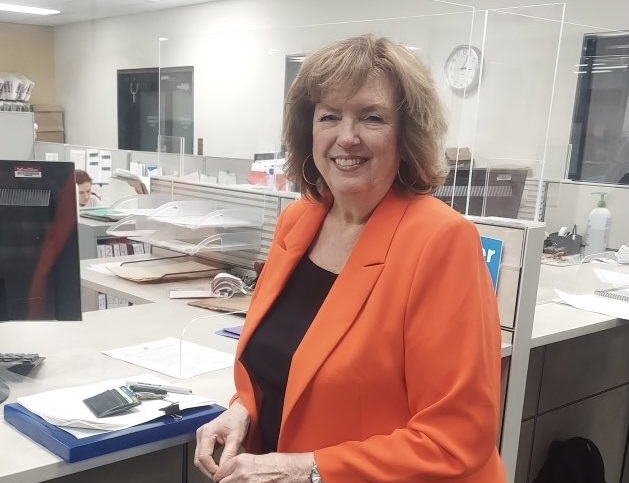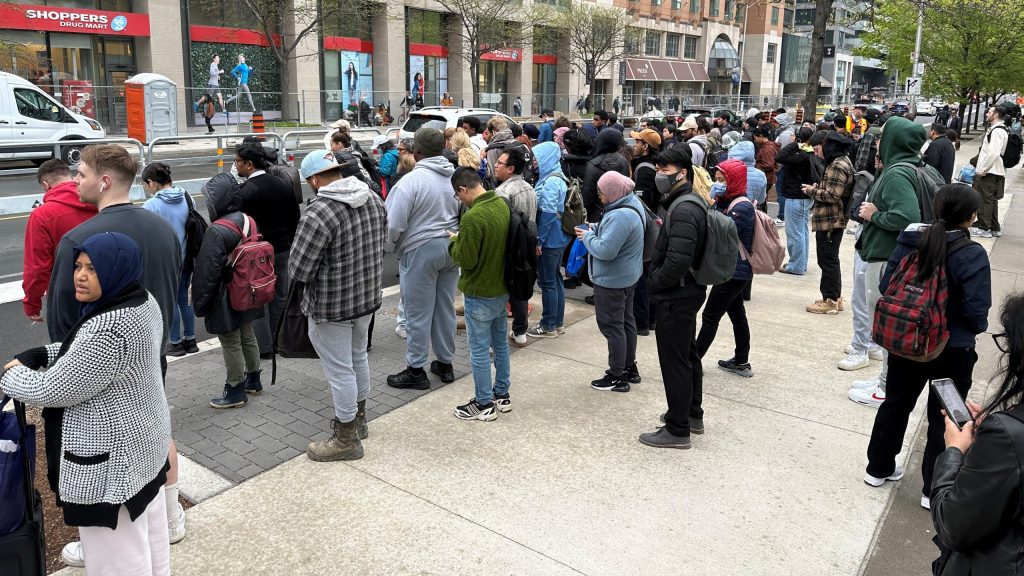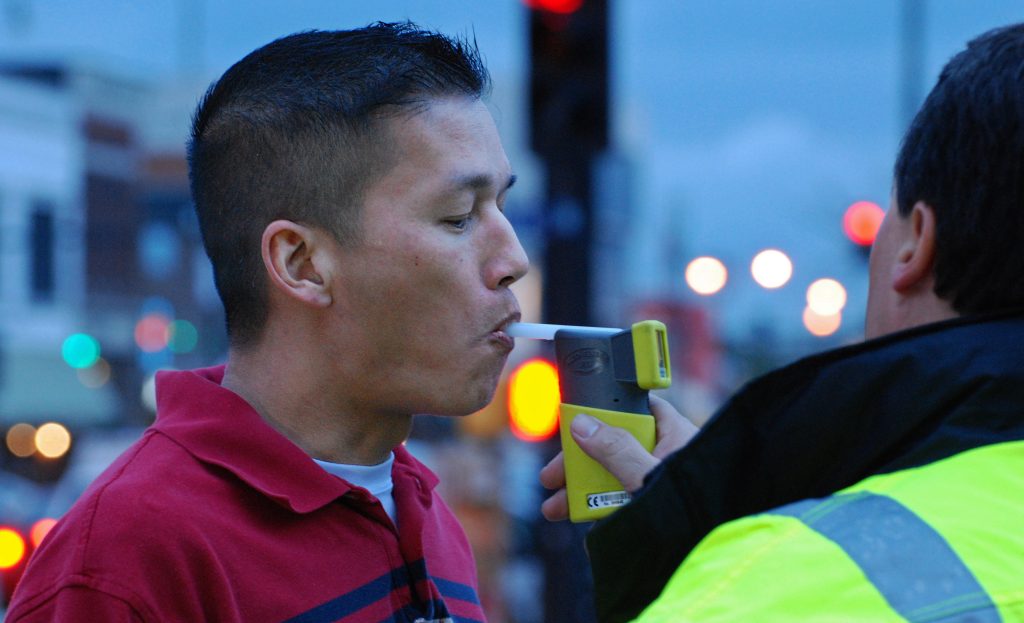Corporate support for Black Lives Matter movement falls short of expectations, say organizations

Posted May 25, 2021 6:00 am.
Last Updated May 25, 2021 10:34 am.
Promises made by major corporations to combat anti-Black racism and promote diversity in their workplaces have yet to be fully realized, according to individuals and organizations tracking progress.
What started with statements and campaigns from a number of companies following the death of George Floyd one year ago has since become a call to action.
“The platitudes are not enough,” said Nigel Bariffe, president of the Urban Alliance on Race Relations. “You see these wonderful Twitter quotes but in the actual impact of people’s lives, on a daily basis, that ‘putting your money where your mouth is’ is still not happening.”
Businesses used their brands to promote social justice, pledges were made in the form of donations, while others instituted policies to change internal hiring practices and culture.
Among the major companies posting supportive messages on social media was Amazon, claiming the need to “stand in solidarity with the Black community.” Disney wanted its audience to know that “we stand for inclusion” and Tim Hortons said there is “no place for racism” shortly after.
Nike was among the first companies to launch a special video that reversed its popular slogan. The company suggested people “Don’t Do It” by not accepting anti-Black racism or pretending the issue doesn’t exist.
“I think that moment was really pivotal and kind of starting to hold companies accountable,” said Dr. Sonia Kang, a University of Toronto professor and Canada Research Chair in Identity, Diversity and Inclusion.
Two-thirds of the top U.S. companies made public statements supporting the Black Lives Matter movement last year, according to research conducted by As You Sow, a not-for-profit advocating for shareholders. Just 36 per cent made financial commitments to racial justice organizations.
In Canada, an initial look at the Big Five banks showed that a significant amount of money was donated to charities in support of Black communities as of July 2020. RBC, for example, committed $100 million over five years in small business loans to Black entrepreneurs.
Loblaw Companies Limited offered a statement from Galen Weston, the grocery store chain’s president, committing to better “recruitment and hiring practices.” However, the company promised just $100,000 to the Black Business and Professional Association after earning $1.13 billion in 2019.
“When we’re looking at the data now, after one year, we’re not really seeing a lot,” Kang said. “A lot of these companies have made these long-term, multi-year kind of promises that are definitely important to follow up on.”
Kang believes it’s going to take more time to see any results from the promises made, whether it’s in the form of sustained contributions or changes to hiring practices in order to see more Black representation.
Restaurant Brands International, the parent company for Burger King, Tim Hortons and Popeyes, was among the many corporations to publicly release its commitment to diversity last year. It acknowledged there were shortcomings with the business and pledged to change over time.
Bariffe wants to see more than just internal changes and donations though and would rather businesses exercise political influence as well. He feels more could be done through government legislation and by supporting efforts on issues like police reform.
“It was encouraging but certainly nowhere close enough to make the systemic change,” Bariffe said. “My cynical self feels that this was more about how do they protect their brand?”
According to the market research data company, Numerator, brands featuring racial justice messaging in advertising tripled in the 30 days ending June 23 last year. No further information has since been released.










